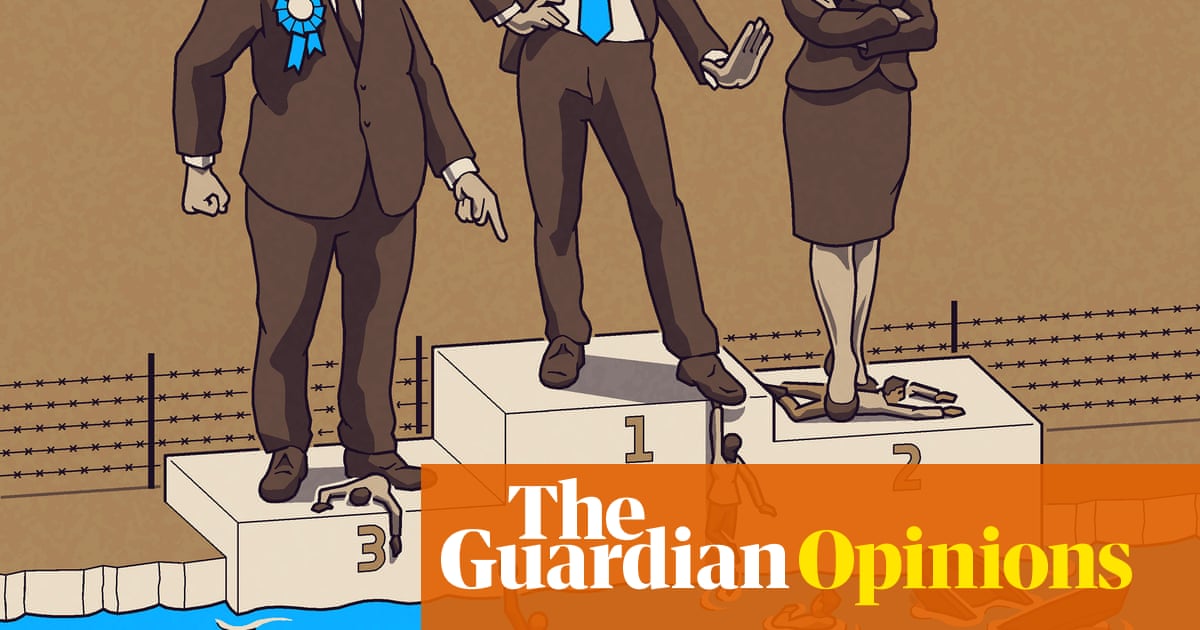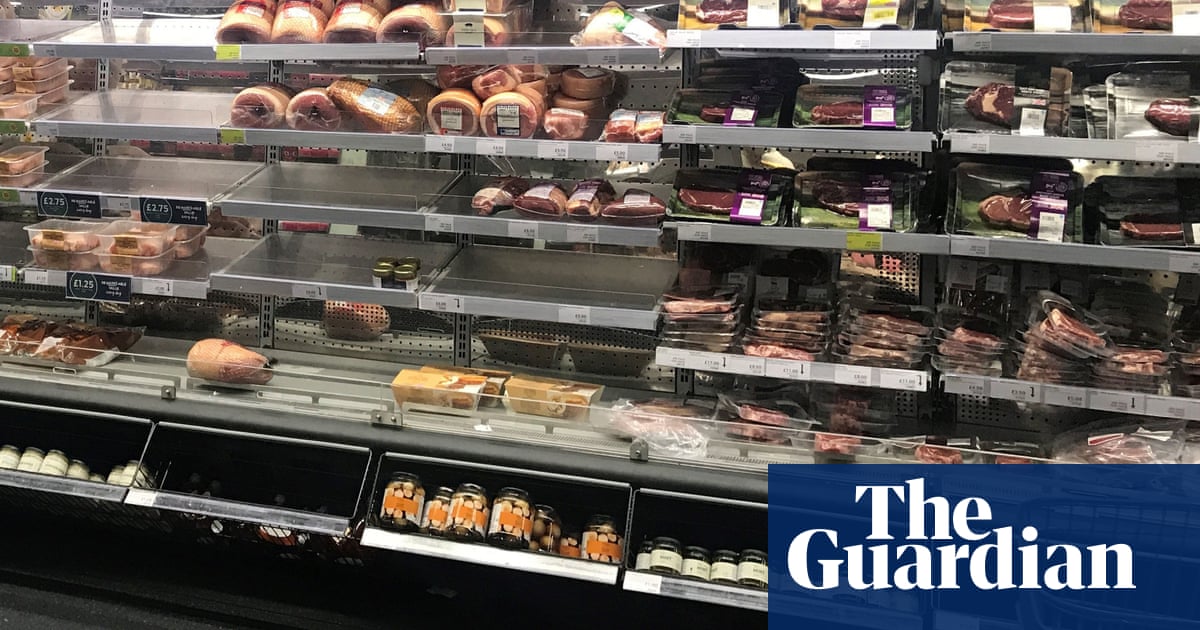
A British opera and theatre designer has told of an “intimidating” post Brexit experience in Schiphol airport in Amsterdam which nearly cost him his first paid job since the pandemic started a year ago.
Andrew Edwards says the “roadblock” he experienced is a foretaste of the “humiliation” to come once Europe reopens its borders with musicians, crews, and crafts people working in the arts now required to have paperwork to ply their trade in each country.
In an open letter to Boris Johnson and the Brexit minister Lord Frost, he urges the government to reopen talks to negotiate an EU-wide visa system for touring arts workers and to launch a one-stop portal “providing clear information about the paperwork and access requirements for freelancers to travel and work within Europe”.
His open letter has been signed by 114 signatories including choreographers, lighting directors, actors, and designers.
Edwards, who works everywhere from the Globe to France’s national theatre, the Comédie-Francaise, says he was “embarrassed” to be British and fears for his future livelihood which up to now has relied 80% on EU clients for work.
He was in transit to Austria where he was due to fulfil a contract for a production of Priscilla, Queen of the Desert due to open in April. But he ended up missing his connecting flight after border officials kept him waiting for 45 minutes before approving him for onward travel.
He then had to wait two days in Amsterdam, at his own expense, to get the earliest next flight to Austria.
He said he had all the paperwork now needed for artists, musicians and theatre production staff to work in the EU, but claimed he was singled out with other British passport holders for questioning about his right to travel after his flight touched down.
“It is really embarrassing being British and I didn’t used to think that. I used to be really proud of my country but I’m not proud of what we do,” he said.
From 1 January the Dutch government imposed an entry ban on all non-EU and non-Schengen state nationals who were travelling with “non-essential purposes due to EU-wide Covid-19 restrictions”.
He says he was fully aware of the current travel restrictions apply to those trying to enter the Schengen area, but he had all his paperwork in order including negative Covid tests, and a letter from the Austrian authorities permitting him entry to the country for “essential” business.
“When I got off the flight in Amsterdam, all passenger Covid tests where checked before we were allowed in the terminal.
“However, when we got to border control an official was shouting out ‘EU passports’ please use the electronic gates, British passports and other nationalities you have to queue.
“I asked the official if ‘my passport is still the old EU type [with burgundy cover] can I use the gates?’ She laughed and said ‘I am afraid not, you have to have your papers checked’,” he said. “It was completely humiliating”.
The culture secretary Oliver Dowden has said his department is working to resolve the issues but Edwards says he feels self-employed workers like him will get left behind.
Even if freedom of movement is not restored for touring and visiting artists, crews and crafts people, the government must move swiftly to enable freelancers to continue to ply their trade post Brexit, said Edwards in his letter.
“We cannot wait four years for a solution to this crisis, we must get back to the table with Europe,” he said.
He and his fellow signatories want the government to immediately set up a portal “that provides clear information about the paperwork and access requirements for freelancers to travel and work within Europe”.
And they want Johnson and Frost to return to the negotiating table and reopen talks with Brussels on “creating a clear and functional system providing visas and work permits within Europe, allowing entry to Europe as a whole, not country by country.”
The issue of work permits for musicians and others in the culture sector has, along with the restrictions on fishers, become emblematic of the government’s sovereignty-first Brexit policy with work permits and carnets for equipment now needed across the EU.
“The arts freelancer culture workforce is a hidden backbone of the British economy with £7.7bn contributed annually,” said Edwards. “The truth is freelancers are falling into unemployment” and may not be able to deliver on “work and commitments” that “can be scheduled years in advance”.
A government spokesman said “Due to the ongoing pandemic, many countries including some EU member states are applying restrictions on entry for British nationals. We advise everyone to check FCDO travel advice for the country they are travelling to before leaving.”
The culture minister Nigel Huddleston said that the “door always remains open” for further talks.
“A working group has been set up by the secretary of state to look at any obstacles which might face British performers seeking to tour,” he said.












